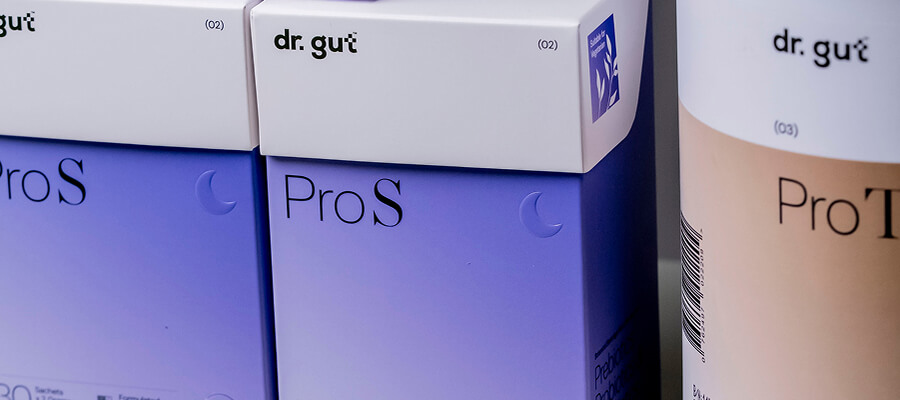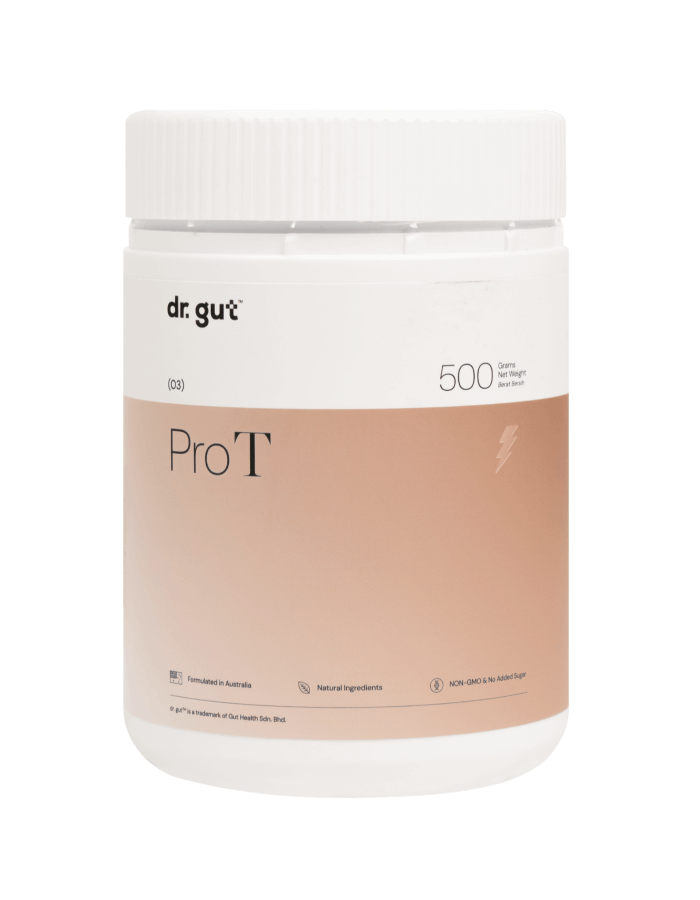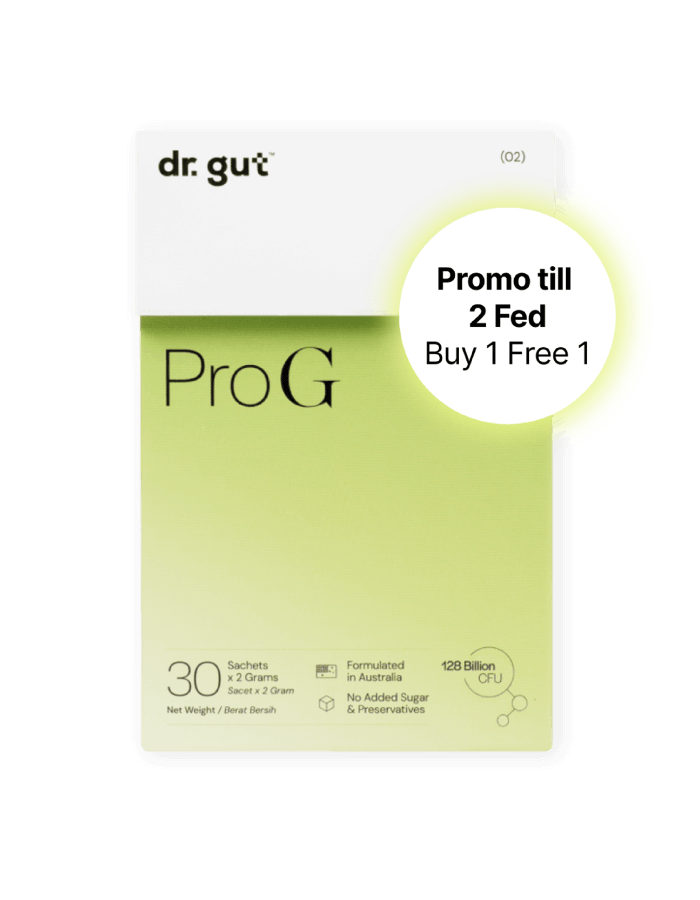How to Choose a Good Probiotic Supplement

In recent years, probiotics have become a popular health supplement, known for their potential to improve digestion, boost immunity, and support overall gut health. With so many probiotic products available on the market, choosing a good probiotic supplement can feel overwhelming. Whether you’re a first-time buyer or looking to switch brands, this guide will help you understand what to look for when selecting a probiotic supplement that truly benefits your health.
What Are Probiotics and Why Are They Important?
Probiotics are live microorganisms, often referred to as “good bacteria,” that naturally live in your digestive system. They play a crucial role in maintaining a balanced gut microbiome, which is essential for digesting food, synthesizing vitamins, and protecting against harmful bacteria.
Taking a quality probiotic supplement can help restore this balance, especially after antibiotic use, during periods of stress, or if you experience digestive issues such as bloating, constipation, or diarrhea.

Key Factors to Consider When Choosing a Good Probiotic Supplement
1. Strain Diversity and Specificity
One of the most important aspects of a good probiotic supplement is the type and number of bacterial strains it contains. Different probiotic strains serve different functions. For example, Lactobacillus strains often help with digestion and immune support, while Bifidobacterium strains can aid in maintaining a healthy gut barrier.
Look for a product that clearly lists the strains included and their respective colony-forming units (CFUs). A multi-strain probiotic can offer a broader range of benefits compared to a single-strain product.
2. Colony-Forming Units (CFUs)
CFUs represent the number of viable bacteria in a probiotic supplement. While a higher CFU count doesn’t always mean better effectiveness, it may enhance the survivability of probiotics, allowing them to withstand harsh environments and reach the gut where they can deliver their benefits.”
3. Survivability and Delivery Mechanism
A common challenge with probiotics is ensuring the bacteria survive the harsh acidic environment of the stomach to reach the intestines where they exert their benefits.
Look for supplements that use special delivery mechanisms such as gut technology to protect the bacteria from stomach acid. This improves the survivability of probiotics and enhances their effectiveness.
4. Prebiotics Included
Some probiotic supplements also include prebiotics — non-digestible fibers that feed the good bacteria in your gut. These act as a fertilizer to help probiotics thrive and colonize your digestive tract.
Choosing a good probiotic supplement that contains both probiotics and prebiotics (often labeled as synbiotics) may offer enhanced benefits by supporting a healthy gut ecosystem.
5. Storage and Shelf Life
Probiotics are sensitive to heat, moisture, and light, which can reduce their potency over time. Check the storage instructions on the product label. Some probiotics require refrigeration, while others are shelf-stable.
Also, consider the product’s expiration date. A good probiotic supplement should guarantee the number of live bacteria until the expiration date, not just at the time of manufacturing.
6. Quality and Transparency
Look for probiotic supplements from reputable brands that follow good manufacturing practices (GMP) and provide third-party testing or certification. This ensures the product contains what the label claims without harmful contaminants.
Avoid products with fillers, artificial colors, or unnecessary additives. A clean ingredient list often indicates a higher quality supplement.
7. Targeted Health Benefits
Different probiotics are researched for various health outcomes. For example, some strains may be more effective for IBS (Irritable Bowel Syndrome), others for immune support or vaginal health.
If you have specific health concerns, choose a probiotic supplement formulated to target those issues. Reading clinical studies or product research can help you make an informed decision.
8. Consult Healthcare Professionals
Before starting any probiotic supplement, especially if you have underlying health conditions or take medications, consult your healthcare provider. They can help you identify the right probiotic strains and dosage for your personal health needs.

How to Incorporate a Probiotic Supplement Into Your Routine
Once you choose a good probiotic supplement, consistency is key. Take it daily as directed, ideally with food to improve absorption. Track your symptoms and overall well-being, as it may take a few weeks to notice benefits.
Pair your probiotic intake with a balanced diet rich in fiber, fruits, and vegetables to naturally support gut health.
Conclusion
Choosing a good probiotic supplement doesn’t have to be complicated. Focus on the quality of strains, CFU count, delivery method, and reputable manufacturing. A well-chosen probiotic can be a valuable addition to your wellness routine, supporting digestion, immunity, and overall vitality.
Understanding your gut health is the first step to making informed choices for your digestive well-being. Prioritize quality and transparency, and remember that probiotics are just one part of a healthy lifestyle.






